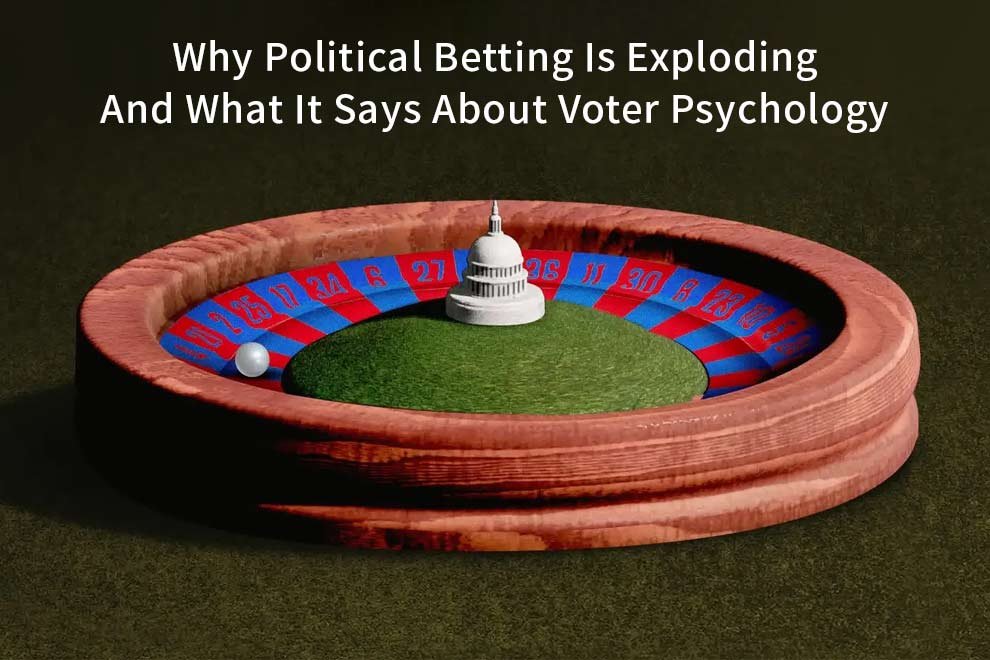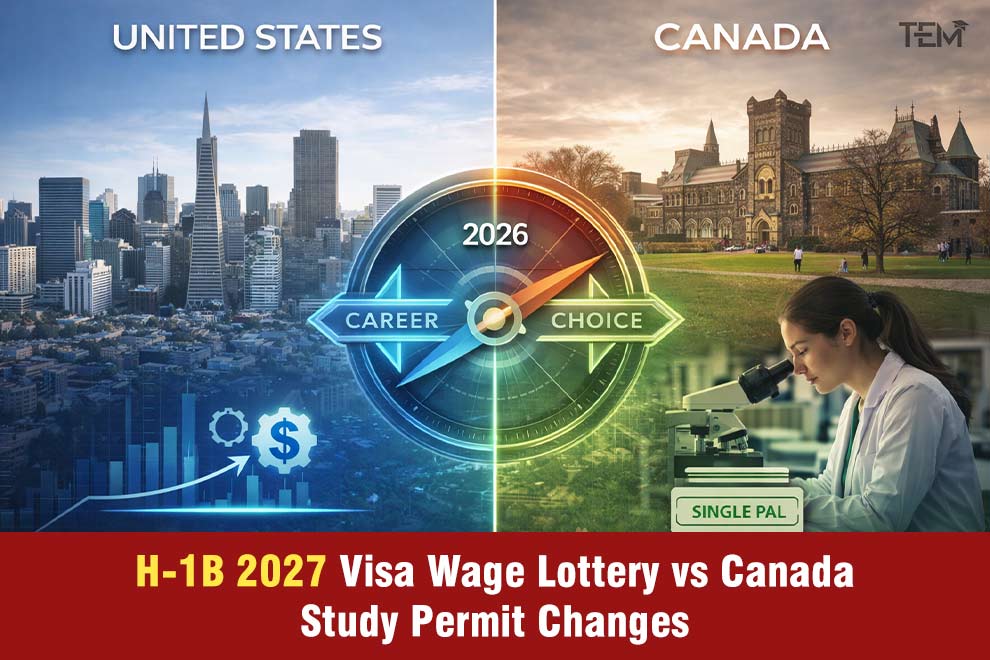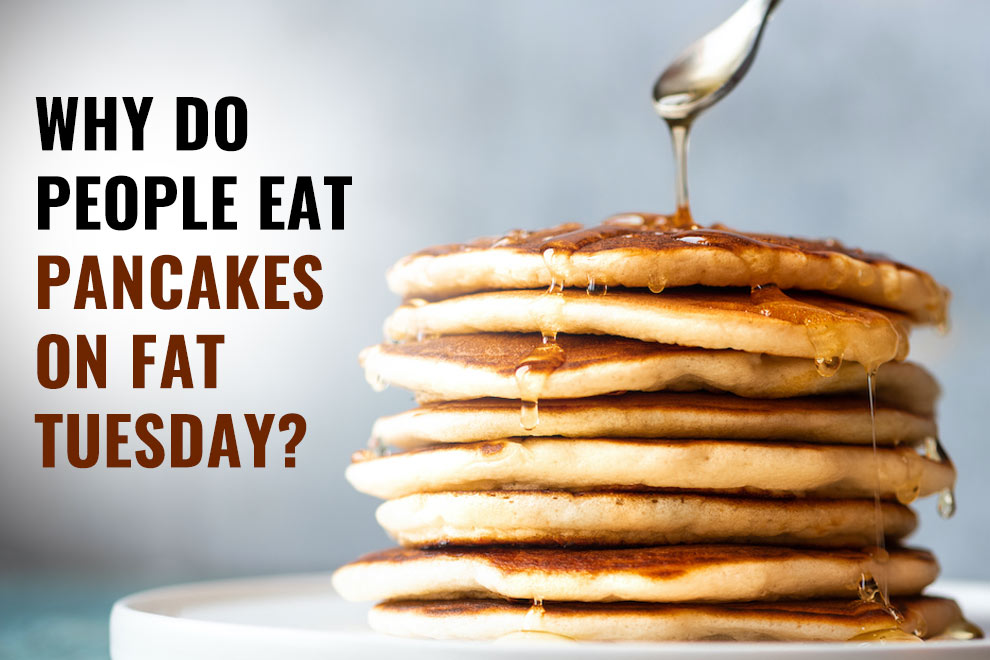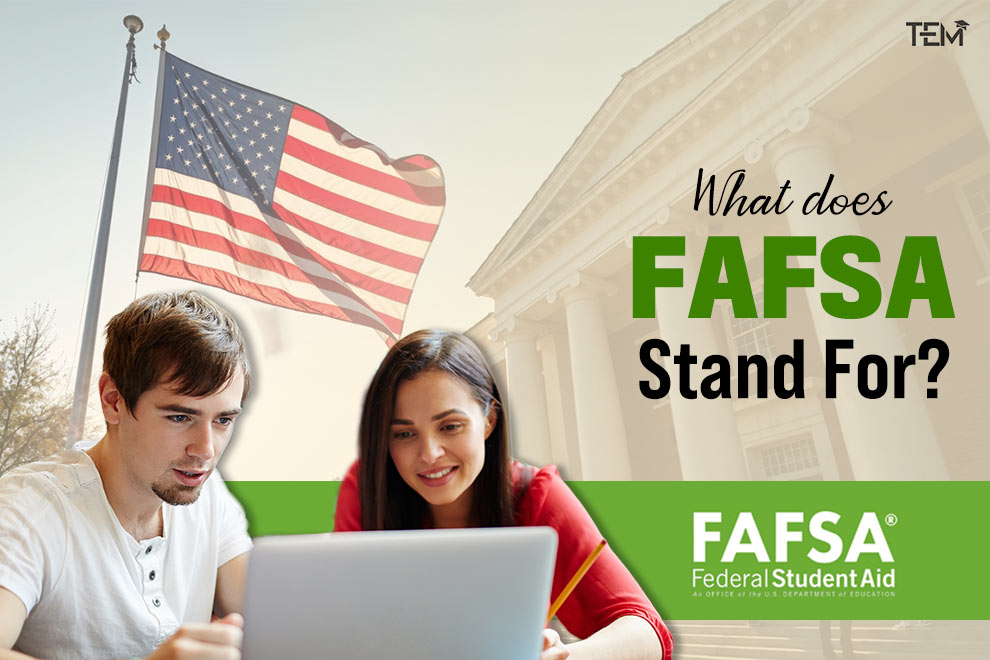It used to be sports. Then stocks. Now, it’s elections. Political betting has gone from niche hobby to global obsession—and not just around presidential showdowns. From primaries to parliament races, bettors are staking millions on the future of entire countries. But here’s the real twist: this isn’t just about money. The surge in political betting reveals how voters think, feel, and react in an era of tribalism, media overload, and deep uncertainty. It’s not just about odds. It’s about identity, control, and the need to be right—even when the stakes are national.
The Rise of Political Betting: From Fringe to Front Page
Political betting once sat quietly in the background—something reserved for the hyper-informed or the politically obsessed. Not anymore. The 2020 U.S. election shattered records. And now, platforms from the UK to crypto markets are seeing action on everything from voter turnout to debate outcomes. Why?
Politics Feels Like the New Sport
- Election cycles are long, dramatic, and full of unexpected turns—just like seasons in pro sports
- Candidates have fan bases. Debates become prime-time events. Scandals drop like injury reports
- The adrenaline of “your side winning” feels no different from backing a team
Polarization Makes Every Wager Feel Personal
- People don’t just vote anymore—they identify with their candidate or party
- Betting becomes a way to double down on your worldview or test your political instincts
- It’s no longer just financial—it’s emotional and tribal
Prediction Markets Offer a Different Kind of Information
- Odds from betting exchanges often reflect real sentiment better than polls
- This creates a new way to gauge momentum and public perception
- Bettors trust the wisdom of the crowd more than media pundits
What Political Betting Reveals About the Modern Mind
The betting itself is fascinating. But what it uncovers about voter psychology is even more revealing. Why are people so drawn to putting money behind their beliefs? What does this say about how we cope with uncertainty, seek control, and process political identity?
Uncertainty Makes People Hungry for Control
- Politics today feels chaotic—polls are shaky, narratives flip quickly, and outcomes are murky
- Placing a bet offers a form of control: you’re not just watching—you’re acting
- This creates the illusion of influence, even when the result is out of your hands
Betting Becomes a Way to Validate Identity
- Wagering on your side to win is a psychological stake in your worldview
- If your candidate wins and you cash out, the dopamine hit is doubled
- If they lose, you can claim “at least I was realistic enough to hedge”
The Desire to Outsmart the System Is Addictive
- Political bettors often view themselves as more informed than the average voter
- The idea of “seeing the game” better than the media or polls becomes its own motivation
- Wins become proof that you “get it”—and losses are blamed on rigged systems or black swan events
Where It’s Going: The Future of Gambling Meets the Future of Democracy
Political betting isn’t just growing—it’s evolving. As platforms expand, AI gets better, and social media continues to fuel echo chambers, expect betting to become an even more integrated part of the political experience.
Crypto Markets and Decentralization Are Expanding Access
- Platforms like Polymarket let anyone, anywhere, bet on global elections with stablecoins
- This bypasses legal restrictions and traditional bookies, making markets more fluid and global
- But it also raises ethical concerns about speculation on real-world political instability
Media Coverage Now Reacts to the Betting Odds
- Journalists cite betting markets alongside polls—sometimes even prioritizing them
- This creates a feedback loop where perception affects odds, which then affect perception
- The line between news and narrative gets even blurrier
Ethical Questions Are Heating Up
- Should we be allowed to profit from political outcomes? What about violent coups or humanitarian crises?
- Critics argue that betting on democracy commodifies something sacred
- But others say prediction markets actually clarify public expectations and reduce misinformation
Conclusion: Betting Is the Mirror—Politics Is the Stage
Political betting isn’t some passing trend—it’s a mirror held up to the modern voter. It reflects our desire for control, our tribal identities, our craving to feel smarter than the system. The bets may be financial, but the motivations behind them are deeply emotional. As politics becomes more uncertain and more personalized, wagering on it will only grow. Not because people love gambling—but because people want to believe they understand the chaos. And if they’re right? They don’t just win money. They win the feeling of clarity in a world built on noise. Finally, if you want to give it a shot, check out the best sites for political betting!
Also Read: What Is Value Betting and Why Is It Key to Beating the Bookies?










